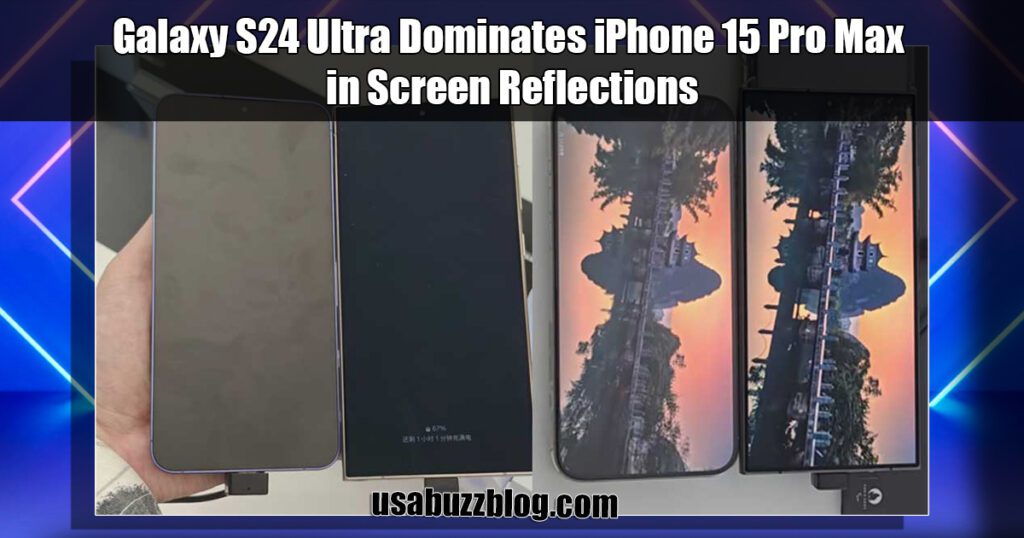
Apple’s Project Titan cancelled Officially
After a decade of hushed whispers and fervent speculation, the news finally broke on Tuesday – Apple’s Project Titan officially cancelled and scrapped its electric car project, codenamed “Project Titan.” This unexpected development casts a shadow over a venture that once held the potential to revolutionize the automotive industry, leaving many wondering what the future holds for both Apple and the broader electric vehicle (EV) landscape.
A Decade of Secrecy and Challenges
journey of the Apple’s Project Titan began amidst the burgeoning enthusiasm for self-driving vehicles around 2014. Apple, known for its innovative spirit and meticulous design, assembled a substantial team of engineers and designers. Their mission? To disrupt the automotive world with a revolutionary electric car. However, the road ahead proved to be fraught with challenges.
Challenges Plaguing Project Titan: Cost, Complexity, and Internal Discord
The sheer cost of development posed a significant hurdle, coupled with the intricate complexities of the automotive industry. Navigating manufacturing processes, establishing supply chains, and ensuring safety compliance presented immense difficulties. Additionally, internal disagreements regarding design, software integration, and manufacturing further hampered progress.
Shrouded in Secrecy: Project Titan’s Design and Media Frenzy
Throughout the project’s lifespan, the veil of secrecy remained largely intact. Apple rarely acknowledged Project Titan publicly, fueling constant media speculation and igniting public curiosity. Whispers pointed towards various iterations of the car design, ranging from a fully autonomous vehicle to a more traditional driver-centric option.
Shifting Gears: New Horizons Beckon
While Apple’s Project Titan scrapping decision signifies the end of their direct involvement in building an electric car, it doesn’t necessarily spell the end of their automotive ambitions. According to sources, some employees previously involved in Project Titan will be reassigned to the company’s burgeoning artificial intelligence (AI) division. This move suggests that Apple may be exploring the development of AI-powered solutions or software specifically designed for the automotive sector.
Beyond Project Titan: Apple’s Lingering Ties to the Automotive Industry
Their existing involvement in car-related initiatives like CarPlay, which seamlessly integrates iOS devices with various car infotainment systems, underscores their continued interest in the automotive space. Additionally, Apple holds several patents related to autonomous driving technology, indicating a persistent interest in this evolving field.
The Impact on the EV Landscape: A Complex Picture
Apple’s departure from the EV scene coincides with a period of growing pains for the industry. Rising battery costs, supply chain disruptions, and intensified competition have forced several EV startups to scale back or even shut down operations entirely. While some may interpret Apple’s decision as a sign of a slowdown in the EV market, it’s crucial to view it within the context of the company’s unique situation and the broader industry landscape.
The EV Landscape Persists: Beyond Apple’s Departure
Despite Apple’s absence, the EV market remains vibrant. Established automakers like Tesla, Ford, and General Motors are relentlessly refining their EV offerings, and numerous startups continue to strive for a foothold. Furthermore, government incentives and consumer demand for sustainable transportation continue to fuel the growth of the EV market.
You might be interested in: China’s Tech Feast at MWC 2024: Transparent Laptops, AI PCs, and 5.5G Beckon
The Future Unfolds: What Lies Ahead?
While the cancellation of Project Titan marks a significant shift in Apple’s strategy, it doesn’t necessarily signify the end of their story in the automotive world. Their strategic pivot towards AI and continued involvement in car-related initiatives hint at a potential future path. With their vast resources and unwavering focus on innovation, Apple could potentially choose to enter the automotive industry through a different avenue, focusing on software solutions, self-driving technology, or even forming strategic partnerships with established carmakers.
The Road Ahead: Bright Future for EVs Despite Apple’s Departure
The broader EV industry, despite facing temporary headwinds, shows promising signs of long-term growth. With ongoing technological advancements, improved infrastructure, and growing consumer adoption, the future of electric vehicles remains bright. While Apple’s electric dreams may be on hold for now, the overarching narrative of the EV revolution continues to unfold, promising a future where sustainable transportation takes center stage.
More Perks:
- China’s Tech Feast at MWC 2024: Transparent Laptops, AI PCs, and 5.5G Beckon
- The Future Unveiled: MWC 2024’s Most Innovative Tech Marvels
- WhatsApp’s Potential Update 2024: Enhanced Privacy ( Screenshot Restrictions )
- The iPhone 15’s Battery Health: Best Feature, A Leap Ahead
- Unlock SEO Mastery: No.1 Google’s SEO starter Guide for Beginners
- Circle to Search: No.1 Discovery for Dynamic Searching in 2024!
- Unlocking ChatGPT Plus in 2024: A Deep Dive into the Pros and Cons
Decoding Intelligence: 11 Signs You Might Be Less Smart Than You Think
- Unleashing the OnePlus 12R:Symphony of Affordable Innovation!
- Google Pixel 8 Best wins: Minty Fresh Teaser Unveiled!
- Galaxy S24 Ultra’s Best Win: Crushes iPhone 15 pro-Max in Reflection Brilliance!
- Web Wonders: Top 10 Web Hosting Marvels for Online Success in 202
Recent Stories

Anwar Hussain
As an Architectural and Interior 3D Visualization Expert, I spend my days crafting stunning visuals that showcase the potential of design. But my passion for storytelling extends beyond the screen. At usabuzzblog.com, I leverage my design expertise to provide insightful and engaging content on Technology, Health & Fitness, Travel, News, Architecture, interior design, and the broader creative landscape. Join me as I explore the latest trends, share design tips, and unveil the stories behind the spaces we inhabit.













